
The part-time doctorate
This is an extract from a guest post on the Thriving Part-Time blog to highlight the experience of time and how to make the most of it as a part-time doctoral student.

NVivo Podcast Episode 13: Participatory research methods
I was invited to contribute to the NVivo Podcast Between the Data. My contribution was published as Episode 13 "Participatory research methods with identity boxes, photographs and Lego".
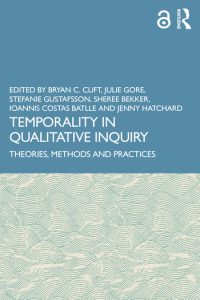
Chapter: Rhythmanalysis to account for time
This chapter draws on Nicole's research on how academic staff with chronic illnesses and disabilities specifically interact with the buildings and what impact the physical environment has on their everyday experience.
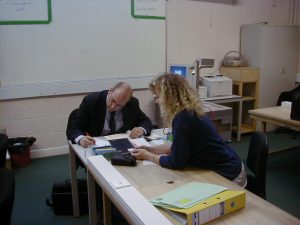
Supervising PhDs: Atypical in more than one way
This is an extract from a guest post on the Supervising PhDs Community Blog. In the post, I discuss what research supervisors can do to support doctoral students who may have disabilities, chronic illnesses and/or neurodiversities.
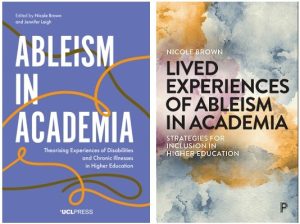
Recordings of ableism events and keynotes
It is with great excitement and pride that I share a list of scheduled ableism events. Celebrating the launch of my two edited books, find here events about Ableism in Academia.

Disability History Month interview
In this short video, I am answering 5 interview questions on the occasion of the Disability History Month.
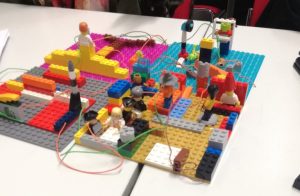
Supervising PhDs: Creating a sense of belonging
This is an extract from a guest post on the Supervising PhDs Community Blog, which I co-authored with Dr Jo Collins from University of Kent. In the post, we explore what research supervisors can do to help develop a sense of belonging amongst their doctoral students.
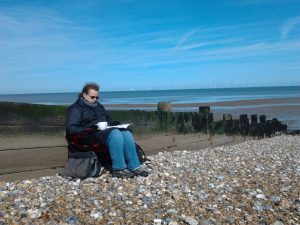
Supervising PhDs: Dealing with ‘atypical’ students
This is an extract from a guest post on the Supervising PhDs Community Blog, where I explore the experience of "atypical" students, and what research supervisors can do to better support those "atypical" students.
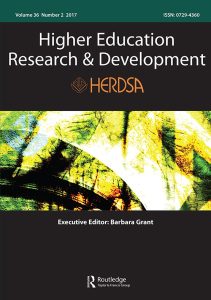
Article: “Where’s the validation?”
This article presents an original engagement with research into emotions in the PhD to ask ‘Where’s the validation?’ by using emotion work as a theoretical foundation.

Ice breakers: starting lessons or meetings
This post is about ice breakers, and how we can plan for starting a session effectively without distracting from our contents.
Conferencing “disabled style”
This is an extract from a guest post on the Conference Inference blog published upon invitation in relation to my ableism in academia work. In this post, I illustrate what it means to do conferencing "disabled style", when your body and/or mind are not typical, and what the realities are of navigating and negotiating conference spaces under the influence of visible and invisible conditions.

NADSN Position Paper
The National Association of Disabled Staff Networks (NADSN) has produced a COVID-19 post-lockdown position paper. In this paper, NADSN’s observations about the lived experiences of disabled people during COVID-19 are discussed alongside considerations of the changing workplace and relevant policies and practices. The paper concludes with a series of recommendations concerning disabled staff.
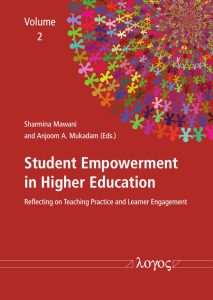
Chapter: Assessments: letting students decide
If students are to take responsibility for their learning, then why are they not also in charge of their assessments? This question forms the basis for this paper that is co-written between two students and one member of staff.
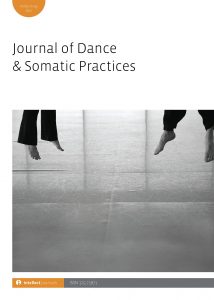
Article: Embodied reflection within dance training
This article explores where the somatically inspired pedagogy of teaching reflective practice through a creative and embodied approach sits within dance training.
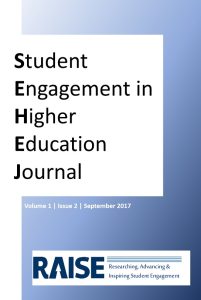
Article: Increasing students’ engagement with reflections
This article seeks to explore the nature and depth of students’ engagement by providing an example from a teacher education programme.
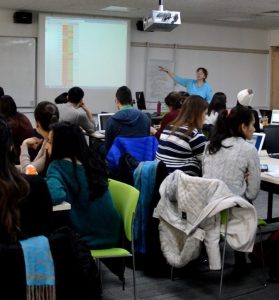
Teaching international students
I have been asked about strategies for teaching international students. In principle, we should continue focussing on group work and sharing experiences and thus building collaborative, reflective practices. So the strategies I am presenting here for teaching international students are merely a reminder of good teaching practice, as they will be beneficial for all students.